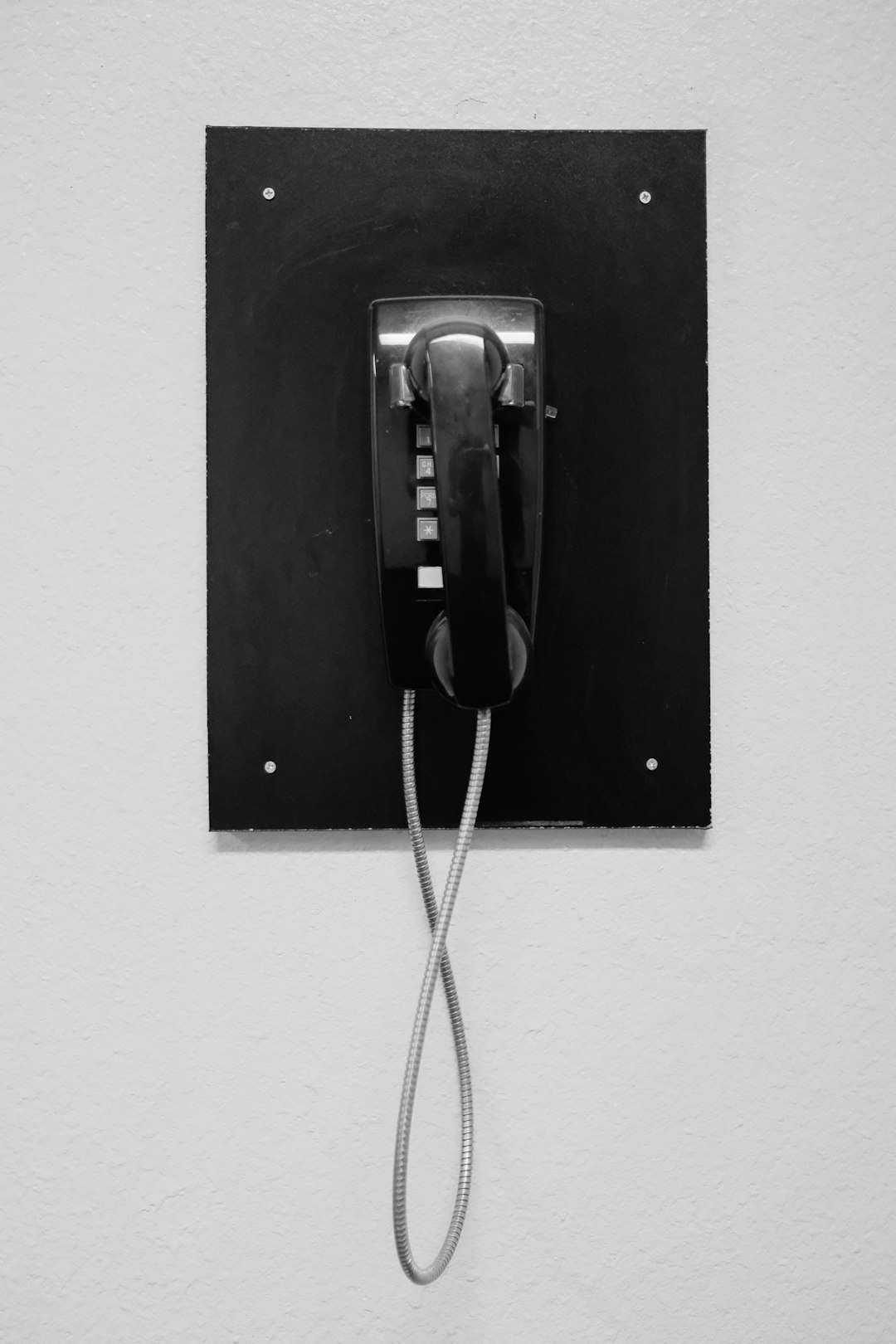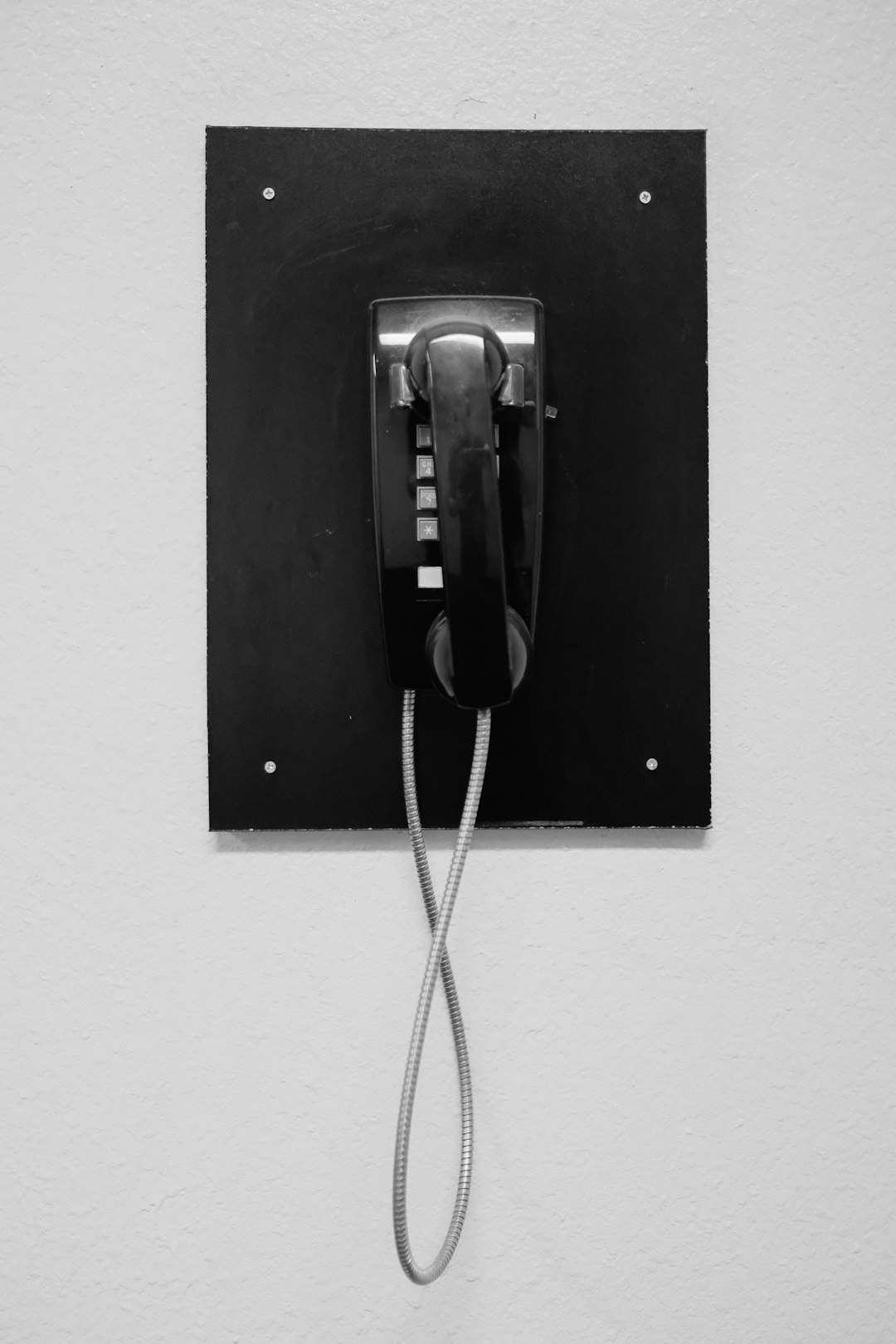Delaware residents plagued by robocalls have legal recourse through TCPA protections. A lawyer specializing in robocall laws can guide victims on compensation, blocking calls, and navigating settlements. Proactive measures like Do Not Call Registry, apps, and legal consultation empower Delawareans to reclaim control over their communications from intrusive automated calls.
In the digital age, robocalls have become a ubiquitous and often unwanted nuisance. Delaware residents, armed with state laws that support their rights, can fight back against these automated calls. This article explores comprehensive solutions to block unwanted robocalls in Delaware, from understanding the legal framework surrounding these calls to implementing effective strategies and leveraging consumer protection agencies. Discover how a lawyer for robocall laws in Delaware can guide you towards long-term prevention methods.
Understanding Robocalls and Delaware Laws

Robocalls, automated phone calls delivered en masse, have become a ubiquitous yet unwanted nuisance for many Delaware residents. While some robocalls offer valuable services, others are fraudulent or unsolicited, often violating consumer privacy rights. In response, the state of Delaware has implemented laws to protect its citizens from these intrusive calls.
Delaware law, guided by federal regulations like the Telephone Consumer Protection Act (TCPA), outlines strict rules for businesses and call centers conducting robocalls. A lawyer specializing in robocall lawsuits in Delaware can help individuals understand their rights under these laws. These legal protections include provisions against automated dialers without prior express consent, requirements for clear and concise disclosures, and penalties for non-compliance, ensuring a more peaceful and less cluttered communications environment for Delawareans.
Legal Recourse Against Unwanted Calls

In Delaware, individuals who experience persistent or unlawful robocalls have legal recourse. The Telephone Consumer Protection Act (TCPA) provides robust protections against unwanted calls, including robocalls. If a person receives such calls in violation of the TCPA, they may be entitled to compensation for each violative call. This can include damages for emotional distress and the cost of any necessary actions taken to stop the calls.
To pursue legal action against a robocaller, individuals should consult with a lawyer specializing in consumer protection law or telecommunications regulations. A qualified attorney in Delaware can help navigate the legal process, file a complaint, and potentially negotiate a settlement or represent the individual in court if necessary. Using their expertise, these legal professionals can ensure that affected parties’ rights are protected and that they receive the redress they deserve for the nuisance and potential harm caused by unwanted robocalls.
Effective Strategies to Block Robocalls

Robocalls have become a significant nuisance, but Delaware residents have several effective strategies to block them. One of the primary methods is to register on the National Do Not Call Registry, which helps prevent marketing calls from reaching your phone lines. Additionally, utilizing call blocking apps and software designed to identify and filter out robocalls can significantly reduce unwanted interruptions.
For more robust protection, consulting a lawyer for robocall laws in Delaware can provide tailored advice and legal recourse. These professionals can guide you through the various state regulations aimed at curbing automated telemarketing calls and help implement permanent solutions to safeguard your privacy.
The Role of Consumer Protection Agencies

Consumer protection agencies play a vital role in safeguarding Delaware residents from unwanted robocalls. These agencies are equipped with the knowledge and resources to offer effective solutions, ensuring that citizens can take proactive measures against intrusive telemarketing calls. By providing guidance and legal assistance, they empower individuals to protect their privacy and peace of mind.
In Delaware, consumers can turn to specialized lawyers who focus on robocall-related issues. These legal professionals can help navigate complex regulations and offer tailored strategies to block and manage robocalls. With their expertise, residents can take advantage of legal loopholes and restrictions, giving them a stronger hand against relentless telemarketers.
Preventing Future Robocalls: Long-term Solutions

To effectively combat robocalls in the long term, individuals and businesses in Delaware should consider proactive measures. One crucial step is to educate oneself on existing laws, such as the Telephone Consumer Protection Act (TCPA), which regulates automated calls, including robocalls. Consulting with a lawyer specializing in robocall cases can provide tailored advice on how to prevent future unwanted calls.
Additionally, implementing robust caller ID verification systems and using anti-robocall software are effective strategies. By verifying the identity of callers and filtering out known spam sources, individuals can significantly reduce their exposure to robocalls. These measures, combined with staying informed about evolving legal protections, ensure a more peaceful experience in navigating Delaware’s communication landscape.






